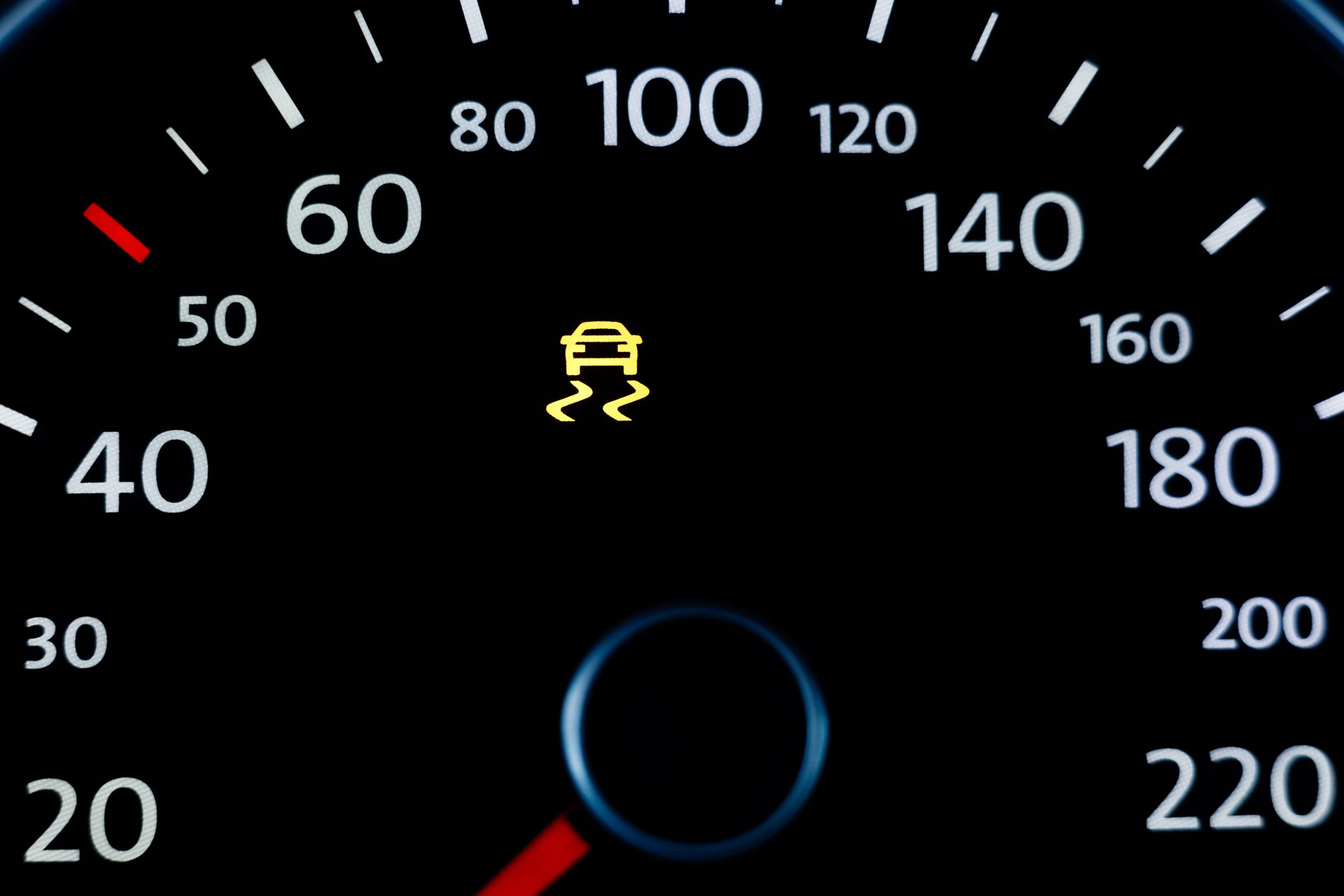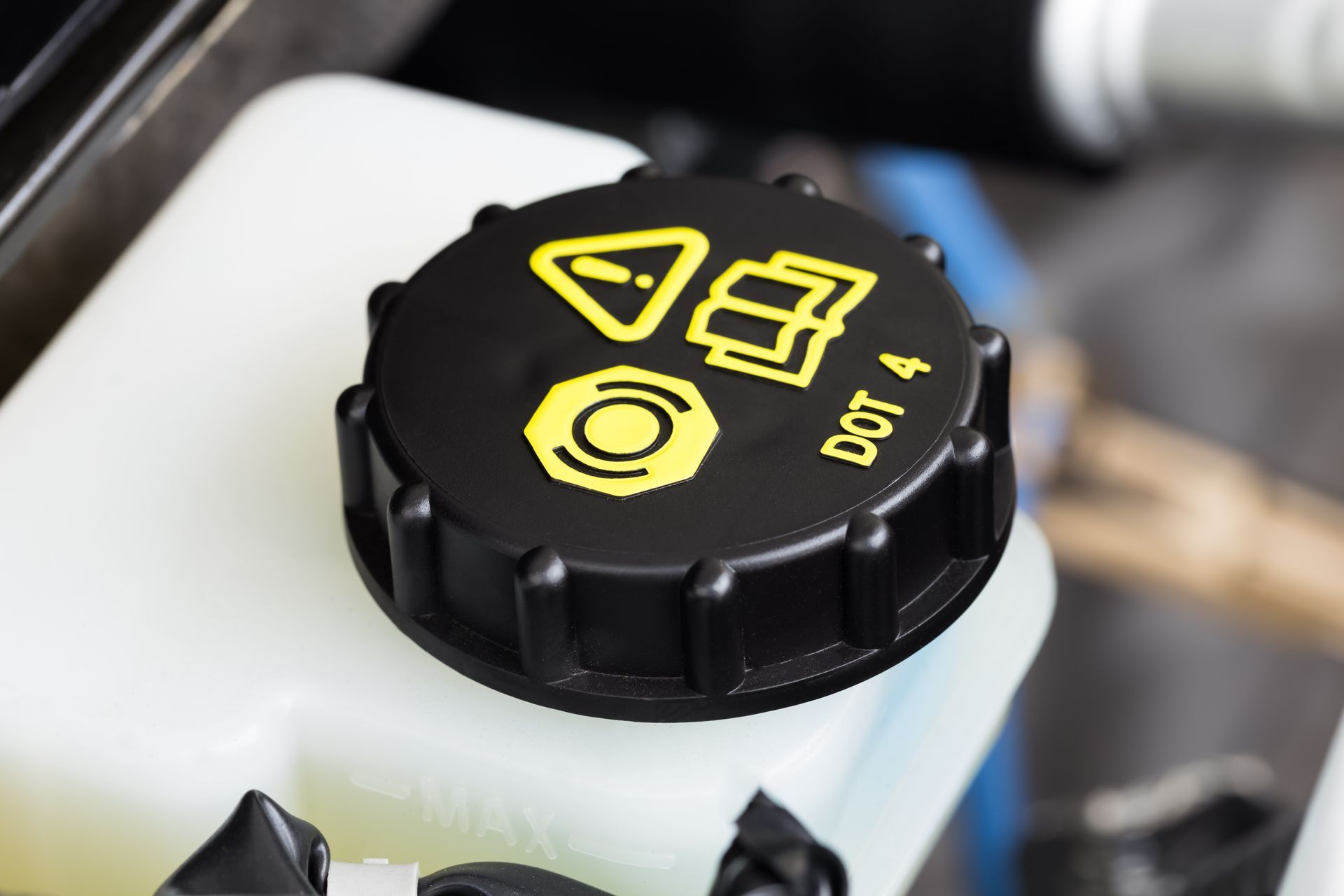Your engine relies on a complex cooling system to keep temperatures in check. When something goes wrong, heat builds up quickly and can cause major damage. While some overheating issues are obvious, others are much harder to detect. These hidden problems can quietly push your engine past its limits until you’re stuck on the side of the road.
Here are five invisible or hard-to-spot problems that could be overheating your engine without warning.
1. Air Pockets in the Cooling System
Air in your cooling system may not sound like a big deal, but even a small air pocket can block the flow of coolant. This often happens after a coolant flush or repair if the system isn’t properly burped. The trapped air creates a blockage, preventing coolant from circulating through the engine or radiator.
When coolant can’t move freely, parts of your engine heat up quickly, even though the rest of the system appears full. You might not see an obvious leak or hear strange noises, but the temperature gauge slowly rises, or worse, spikes without warning. If your car overheats shortly after cooling system maintenance, air pockets are worth investigating.
2. A Failing Thermostat That Sticks Shut
Your thermostat opens and closes to regulate coolant flow based on engine temperature. When it’s working properly, it stays closed while the engine warms up, then opens to let coolant circulate. But if the thermostat sticks shut, coolant never reaches the radiator.
Because this happens internally, there are often no visible signs of failure. The hoses may feel cool even as the engine heats up. A stuck thermostat will cause overheating quickly, especially when driving at highway speeds or during hot weather. Since it’s such a small and inexpensive part, replacing the thermostat is a smart first step when chasing down overheating issues.
3. Internal Coolant Leaks
Not all leaks show up as puddles under your car. In some cases, coolant may be leaking inside the engine, where it evaporates or mixes with oil. This could be due to a worn-out intake manifold gasket, a cracked cylinder head, or early signs of head gasket failure.
A telltale symptom is low coolant levels, even though you don’t see a visible leak. You might also notice steam from the exhaust or white residue around the oil cap. If coolant is leaking into the combustion chamber, it’s only a matter of time before overheating occurs. Catching internal leaks early can prevent engine damage and expensive repairs.
4. Clogged or Restricted Radiator
Over time, rust, mineral deposits, and debris can build up inside your radiator. These blockages reduce the radiator’s ability to cool the fluid that passes through it. You may not notice a problem until the engine begins to run hot during longer drives or in traffic.
Externally, the radiator may look fine. But inside, clogged passages limit heat transfer. In some cases, the cooling fins may also be dirty or damaged, reducing airflow across the radiator. A professional pressure test or thermal scan can reveal if your radiator is underperforming. In some cases, a flush can help, but if corrosion is too severe, replacement is often the only option.
5. Weak Water Pump Impeller
The water pump circulates coolant throughout the engine, but the impeller inside can wear down or loosen over time. A failing impeller might spin ineffectively or break apart, reducing flow even though the pump still technically works.
Because the pump may not leak or make noise, this issue can be tough to diagnose. Symptoms often include inconsistent engine temperatures or overheating at idle but not while driving if your vehicle has high mileage or shows signs of cooling system trouble, the water pump should be inspected, especially if it hasn’t been replaced in a long time.
What to Watch For and Why It Matters
Even a minor cooling issue can lead to warped cylinder heads, blown head gaskets, or complete engine failure if ignored. Pay close attention to your temperature gauge and warning lights. If the needle creeps higher than normal or you notice the heater blowing cold air while the engine is hot, something isn’t right.
It's also wise to check coolant levels regularly and listen for strange noises like bubbling or gurgling. These may hint at circulation problems or trapped air.
Don’t Ignore the Heat! Visit BG Automotive in Colorado
If your engine has been running hotter than usual or you suspect something hidden might be causing trouble, BG Automotive in Colorado is here to help. Our team uses advanced diagnostics to uncover the root causes of overheating, even the ones that don’t leave obvious signs. Whether it’s a weak water pump or an internal leak, we’ll get your cooling system back in shape before it causes lasting damage.
Stop by or schedule an appointment today for expert care and peace of mind.
Visit us at one of our five locations:
- Fort Collins, CO 80524
- Fort Collins, CO 80524
- Loveland, CO 80537
- Loveland, CO 80538
- Longmont, CO 80501











